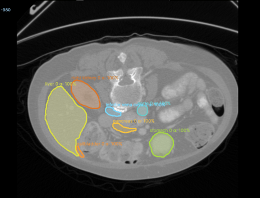Our technology
Our technology
Technology at the service of Biomedicine
Our mission at Flamingo Biomechanical Lab is to provide solutions for the healthcare and veterinary sector that allow streamlining processes, achieving safer surgical planning and finally providing a better, fully personalized service to each patient.
To achieve our objective we use various techniques and technologies.
Digital Twins
3D print
Simulation
Virtual reality
inteligencia artificial
Digital Twins
Exact virtual representations
At Flamingo Biomechanical Lab, we apply this advanced technology to create accurate virtual representations of organs and anatomical structures. These digital twins allow detailed understanding and immersive live interaction with human anatomy, being able to study the patient with real data and predict behaviors.
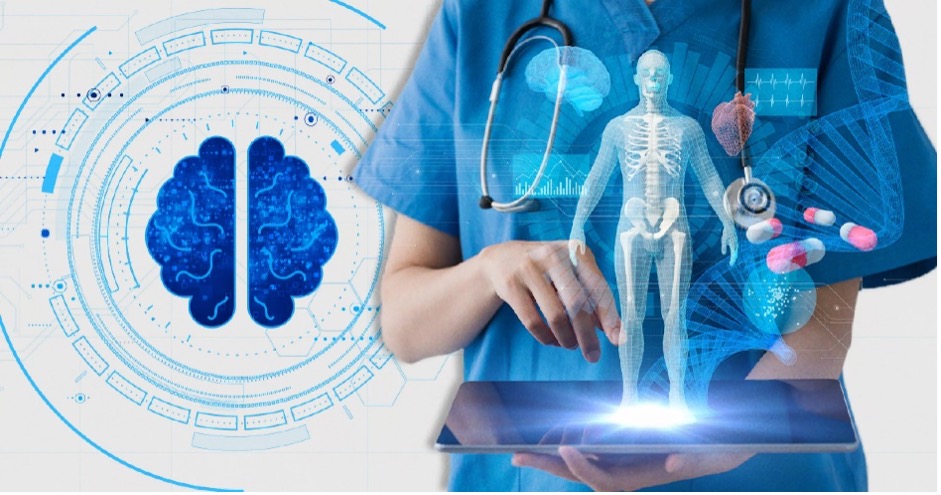
3D print
Manufacture of organ replicas and simulations
At the forefront of innovation, our commitment to excellence is reflected in the advanced use of 3D printing technology in the manufacturing of organ replicas and simulations. 3D printing has revolutionized the medical and veterinary sector, providing precise and customized solutions for surgical planning and medical training.
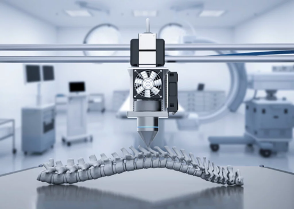
Simulation
Advanced mathematical simulations
At Flamingo Biomechanical Lab, we implement medical and veterinary simulations using advanced mathematical methods in our 3D models. Combining the anatomical precision of 3D printing with advanced mathematical simulations offers a holistic and efficient approach to surgical planning and medical training.
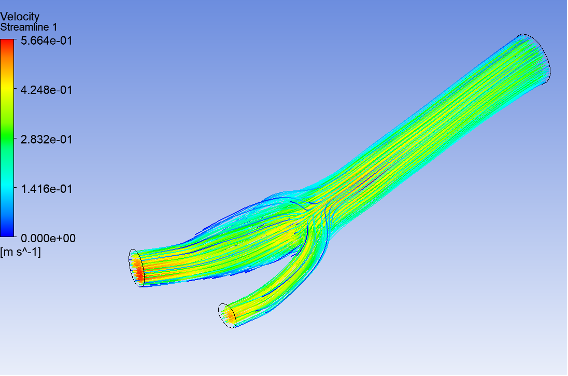
Virtual reality
A unique and immersive experience
We are at the forefront of innovation by incorporating virtual reality (VR) in the use of our biomodels. By fusing the anatomical precision of 3D printing and mathematical simulations with virtual immersion, creating a unique and immersive experience for surgical planning and medical training.
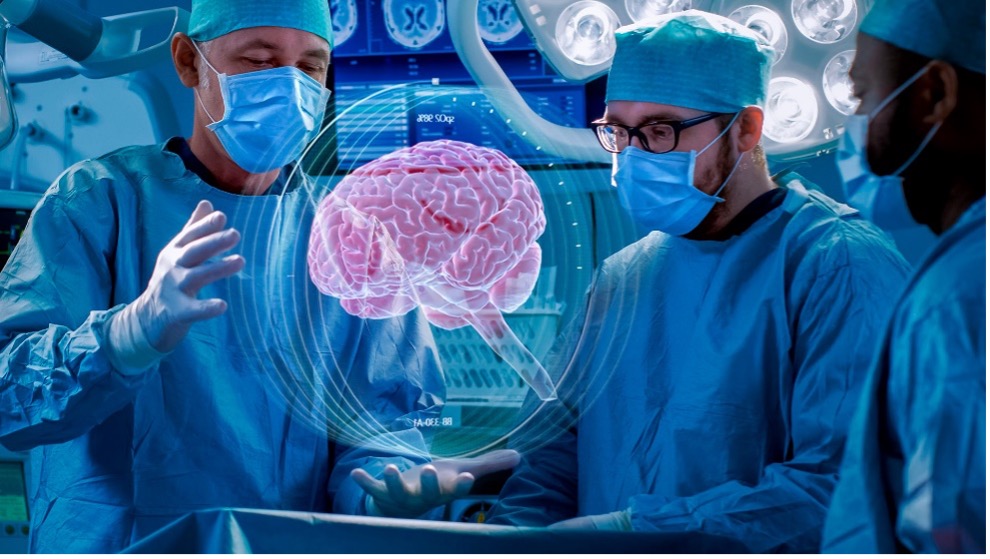
Artificial intelligence
Anatomical models more defined than ever
From Flamingo Biomechanical Lab using artificial intelligence (AI), advanced algorithms and radiomics to achieve more defined anatomical models than ever. These advances not only increase the precision in the representation of human anatomy, but also open the door to unprecedented surgical efficiency.
